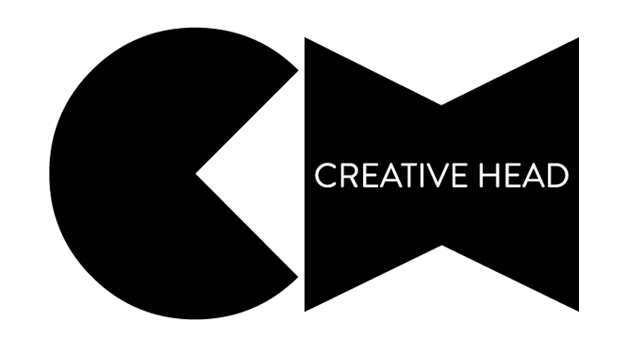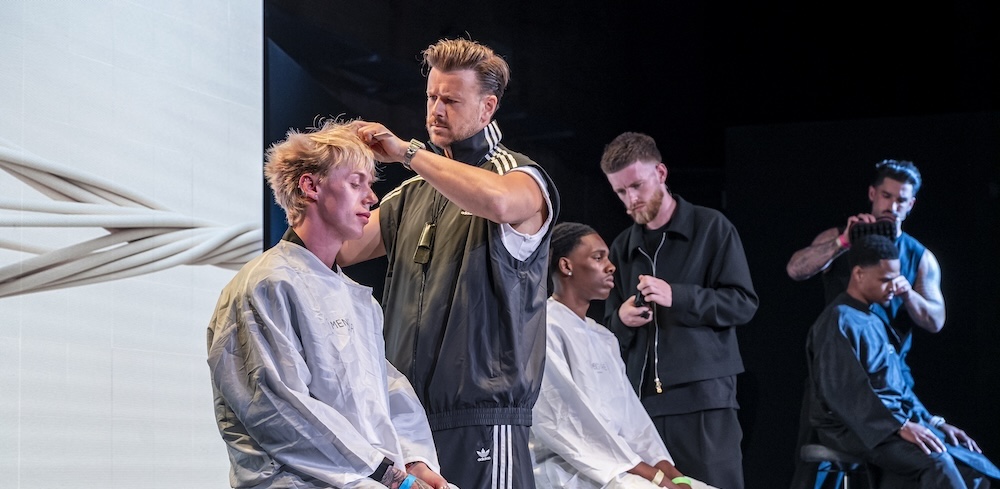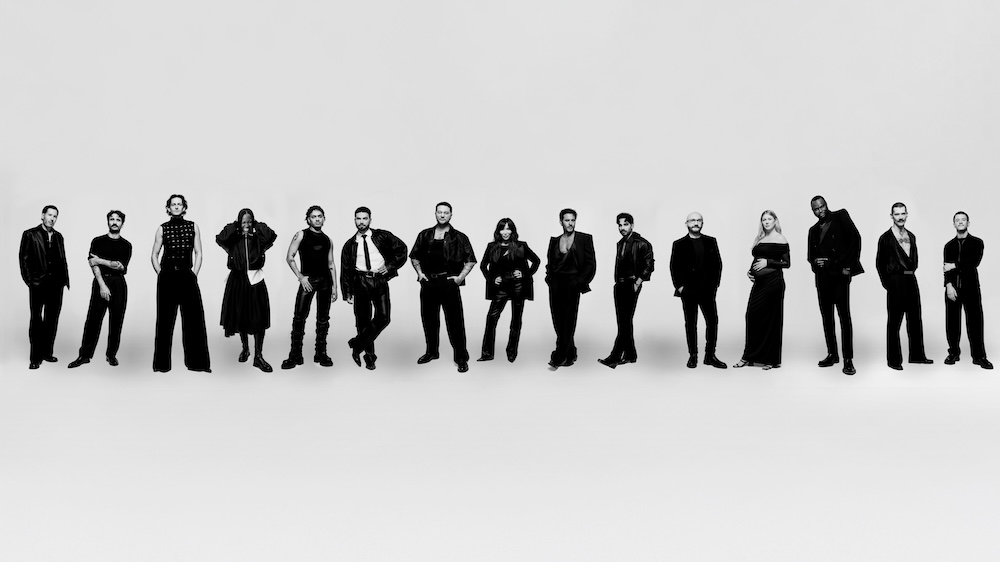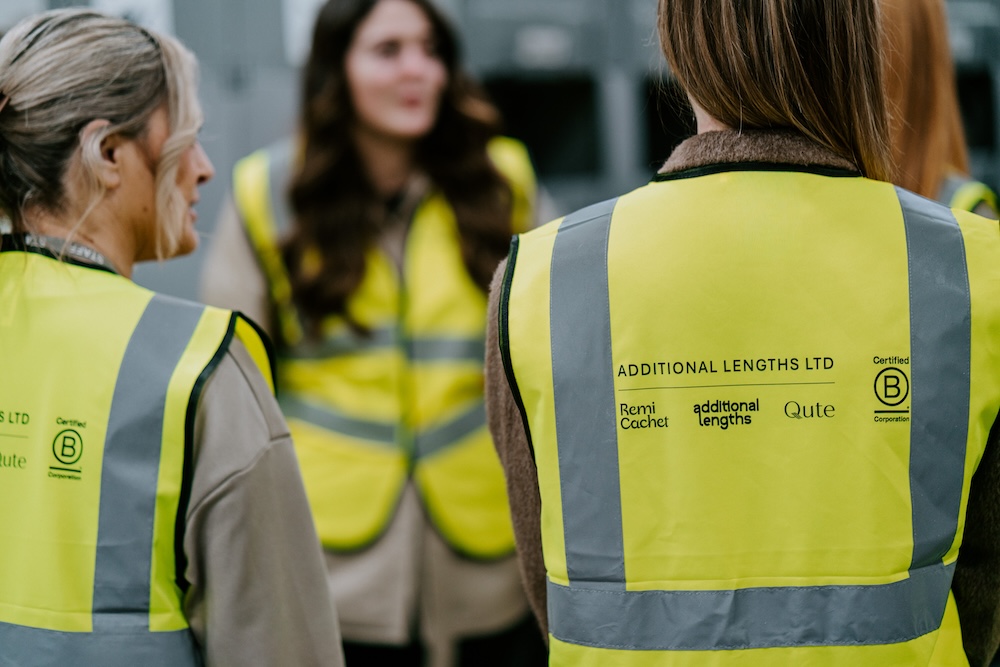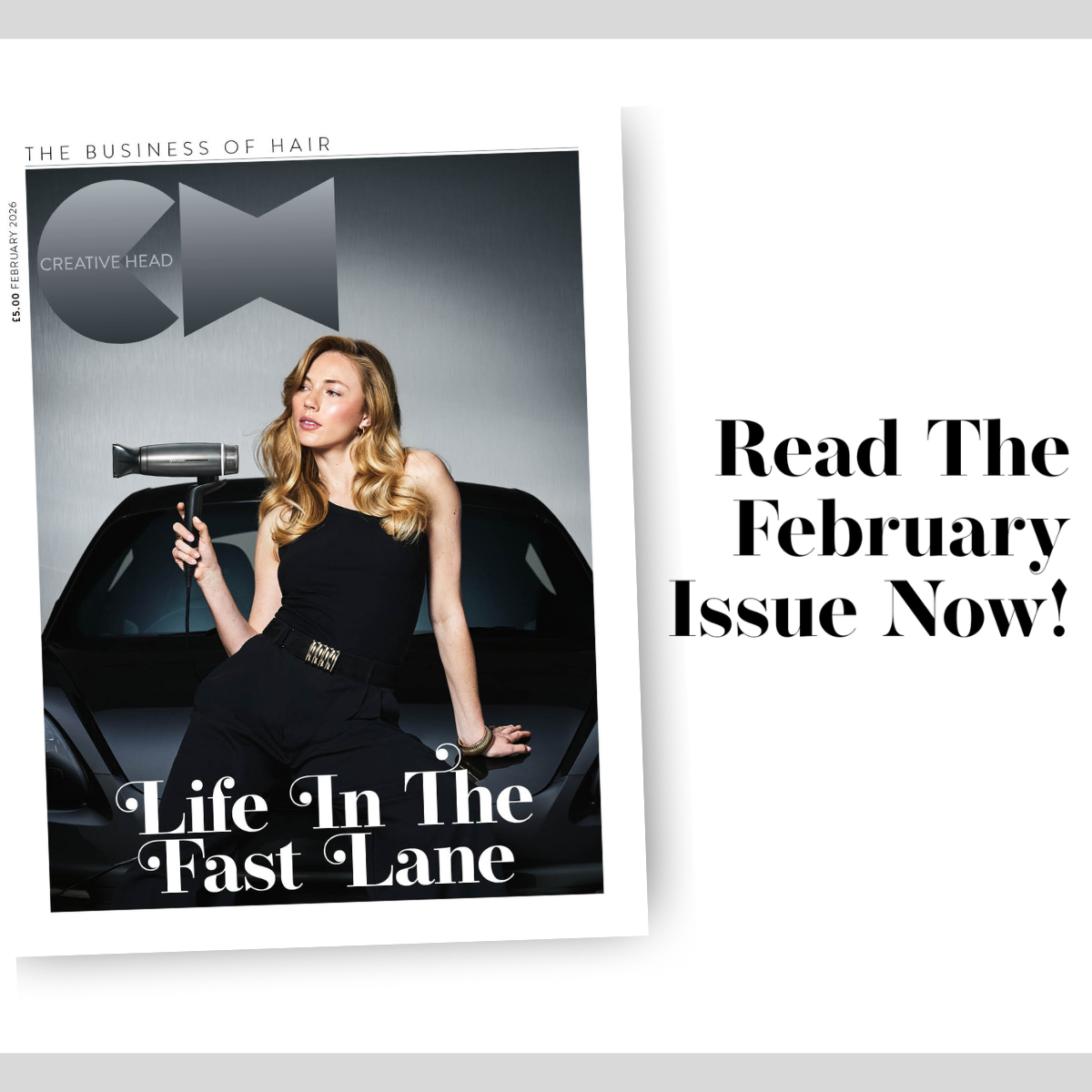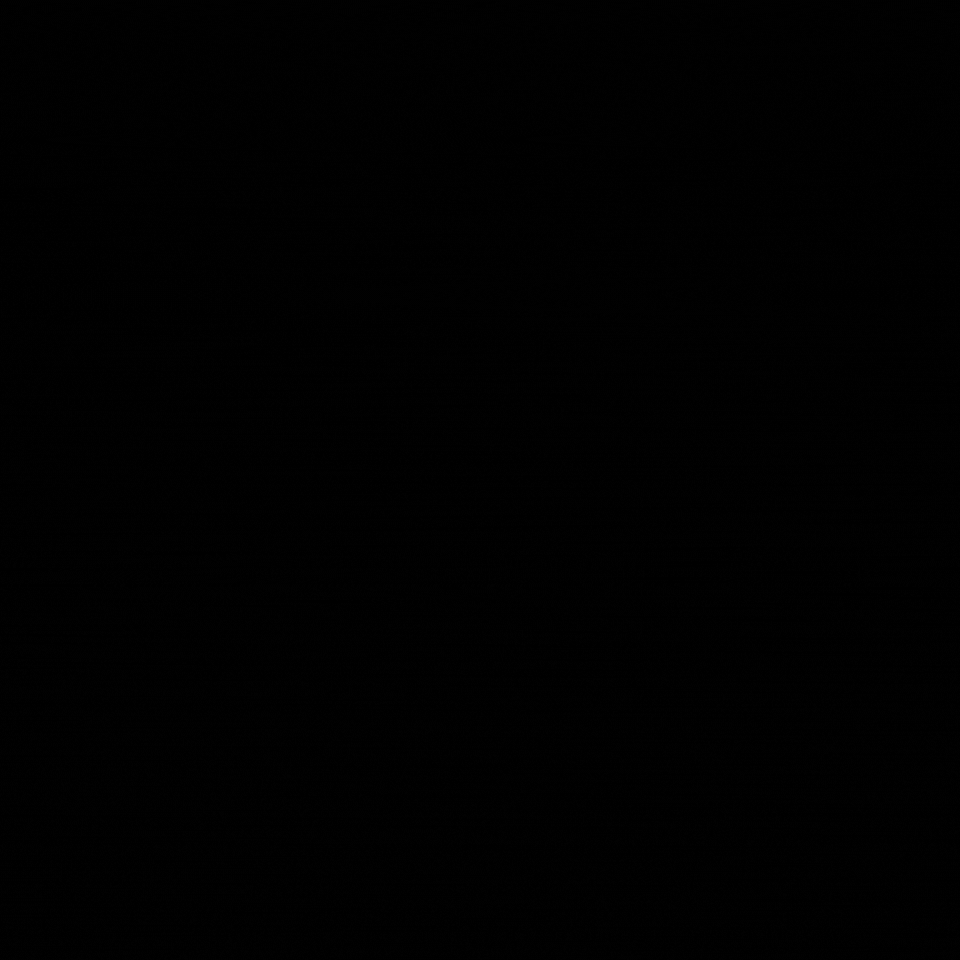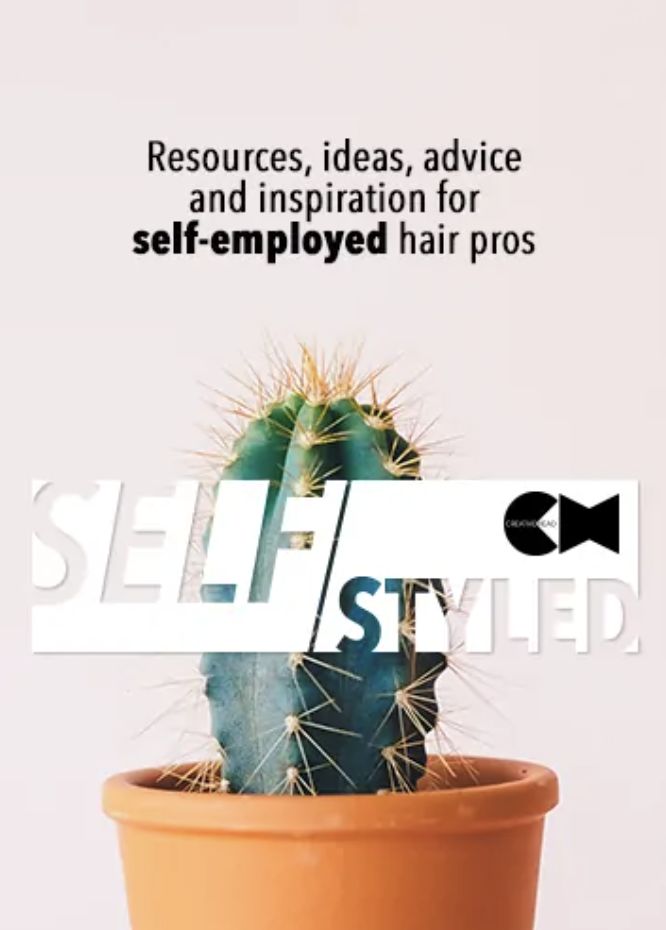Have Periods Caused You Problems At Work?
Cristina Fazzone shares her experience… join her on a webinar on 27 January
by AMANDA | CONVERSATIONS
From waiting lists doubling to a Westminster report warning about misogyny in medicine, conversations around women’s reproductive health and the pain that many experience has suddenly – and finally! – become big news. Women with conditions including heavy periods, endometriosis and adenomyosis are being dismissed when they ask for help, members of Westminster’s Women and Equalities Committee concluded in December… something freelance hairdresser Cristina Fazzone knows all too well.
She is now urging our female-driven industry to take notice and act – and she will be joining Creative HEAD, alongside The Menstrual Health Project team and period coach Connie Owen (@conniemarieowen), to discuss how to support those with menstrual health challenges in work in a Zoom on Monday 27 January (you can sign up here to take part). Here, Cristina shares her personal experience of living – and working as a hairdresser – with regular, debilitating period pain…
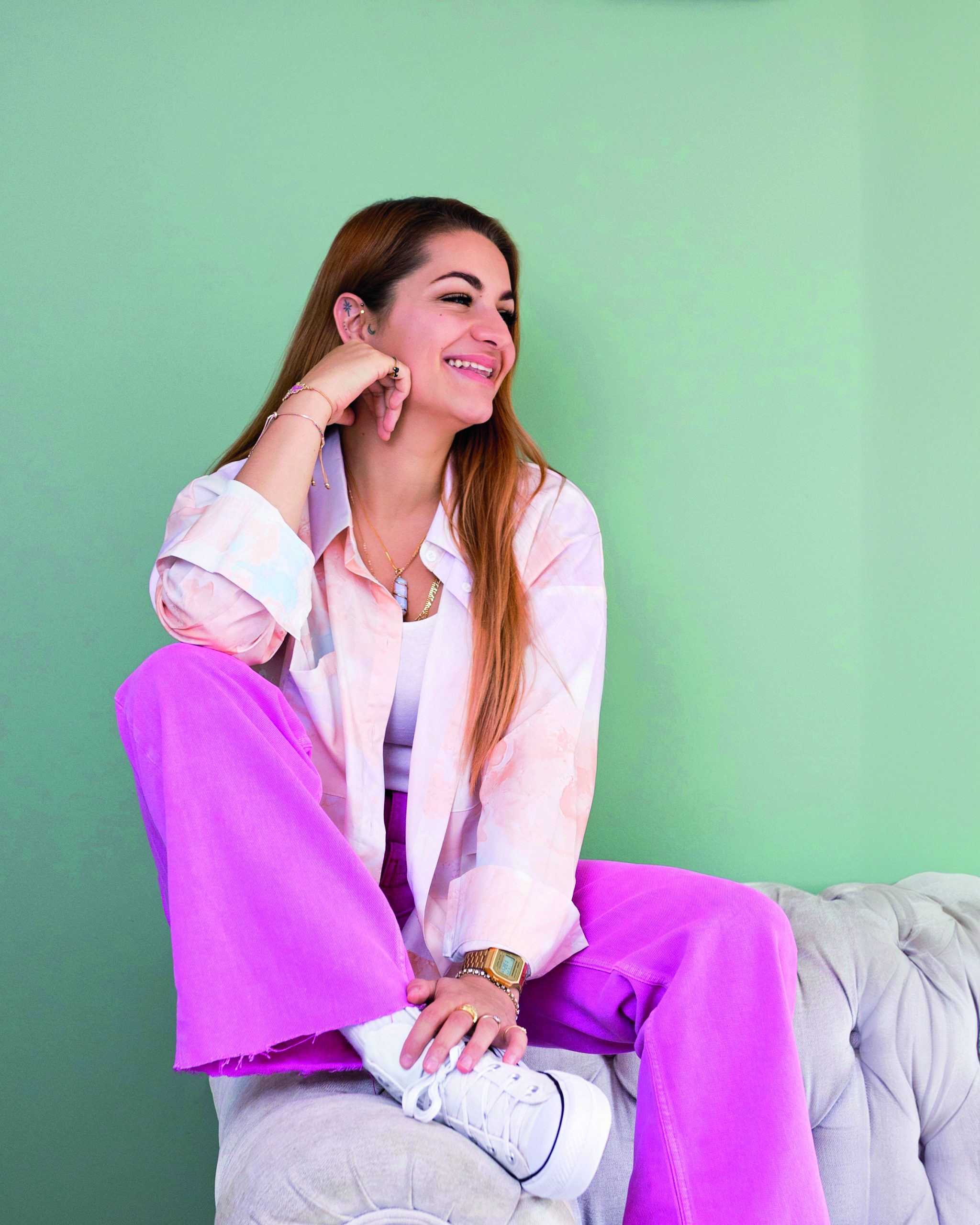
Cristina Fazzone
“Menstrual health can be a scary thing to wrap your head around. My first scan revealed I had polycystic ovaries. I was told one of the reasons I was experiencing severe pain could be because the cysts can expand to such a big size and even potentially explode. A graphic image, I know! And scary to imagine this might be happening inside your own body.
“The delivery of this news (from mainly female doctors) has always been abrupt. The topic is taboo and there is little education around it. Why is there a lack of empathy, even from females?
“We all know hairdressing is a female-driven industry – it’s estimated that 87 per cent of workers are female. So, consider this: 90 per cent of women with periods say they experience pain; 40 per cent say this pain is so bad they miss work; and more than one in 10 (14 per cent) of women have menstrual health complications and debilitating pain every month.
“These are statistics I know all too well and have experienced firsthand throughout my adult life. So, as a female-driven industry, why are we not talking about it?
“Besides a handful of good months, I’ve experienced period pain as an obstacle and distraction from school and work for 16 years. From the first day I started my period in year 7 through to today at 28 years old, when I’ve finally started to understand more about menstrual health and how to improve my periods myself.
“On the first day of my cycle I’m almost guaranteed to have to cancel any plans. The pain leaves me cramped up, unable to move my body, often throwing up, howling in pain and occasionally ending with a 999 call. Statistically, most women have experienced something similar.
“When I worked in salons, I often faced issues from female bosses when I called in sick or cancelled clients due to my period pain. There was a lack of conversation around the topic and I would love to see this change.
“Calling in sick became a monthly thing for me. As a hairdresser, this is a nightmare. When I became self-employed eight years ago, this became even more of a problem, I had to manage and rearrange a fully-booked column while in pain. Luckily, I have been blessed with loyal and understanding clients, but this isn’t the case for everyone and menstrual health can become a huge barrier to growth at work.
“Females who don’t experience period pain on this level can wonder if people like me are exaggerating. We need to shatter this judgment to help women navigate and manage this pain in their personal and working lives.
“There are several things I’ve learned along the way to help avoid my periods becoming an issue in my work, including using natural remedies. With a regular cycle this is somewhat manageable, forecasting is possible. But Mother Nature is Mother Nature and she’s always got her own plans!
“If you’re reading this and can relate, remember that it’s going to be okay. Whether you cancel work due to pain, lose clients, face difficulty with bosses due to sick days, struggle to manage your own column because of it, or battle with the pain… in the end health comes first. You can try and fight against it and force your way through it, but you will only make it worse long term. Dedicate time to healing yourself first, and everything else will slot into place. Without your health you have nothing.
“I’ve been diagnosed with polycystic ovaries, dysmenorrhea, potential endometriosis, low iron, B12 deficiency – all related to menstrual health. There’s an empowerment that comes with investigating your own health and understanding what might help. I’m channelling the energy of my experience to help my sisters in the industry!
“As a predominantly female industry I truly believe this is a topic of conversation we need to navigate and normalise. And I hope this is the start of a beautiful shift.”
Join The Discussion!
Join Cristina and Creative HEAD on a Zoom workshop with The Menstrual Health Project team and period coach Connie Owens to discuss how to support those with menstrual health challenges in work.
9.30am on Monday 27 January
“We Have Zero Option But To Stand Down For A Few Days”
Ruth Lundstrom, founder of The Freelance Suite, shares her own journey
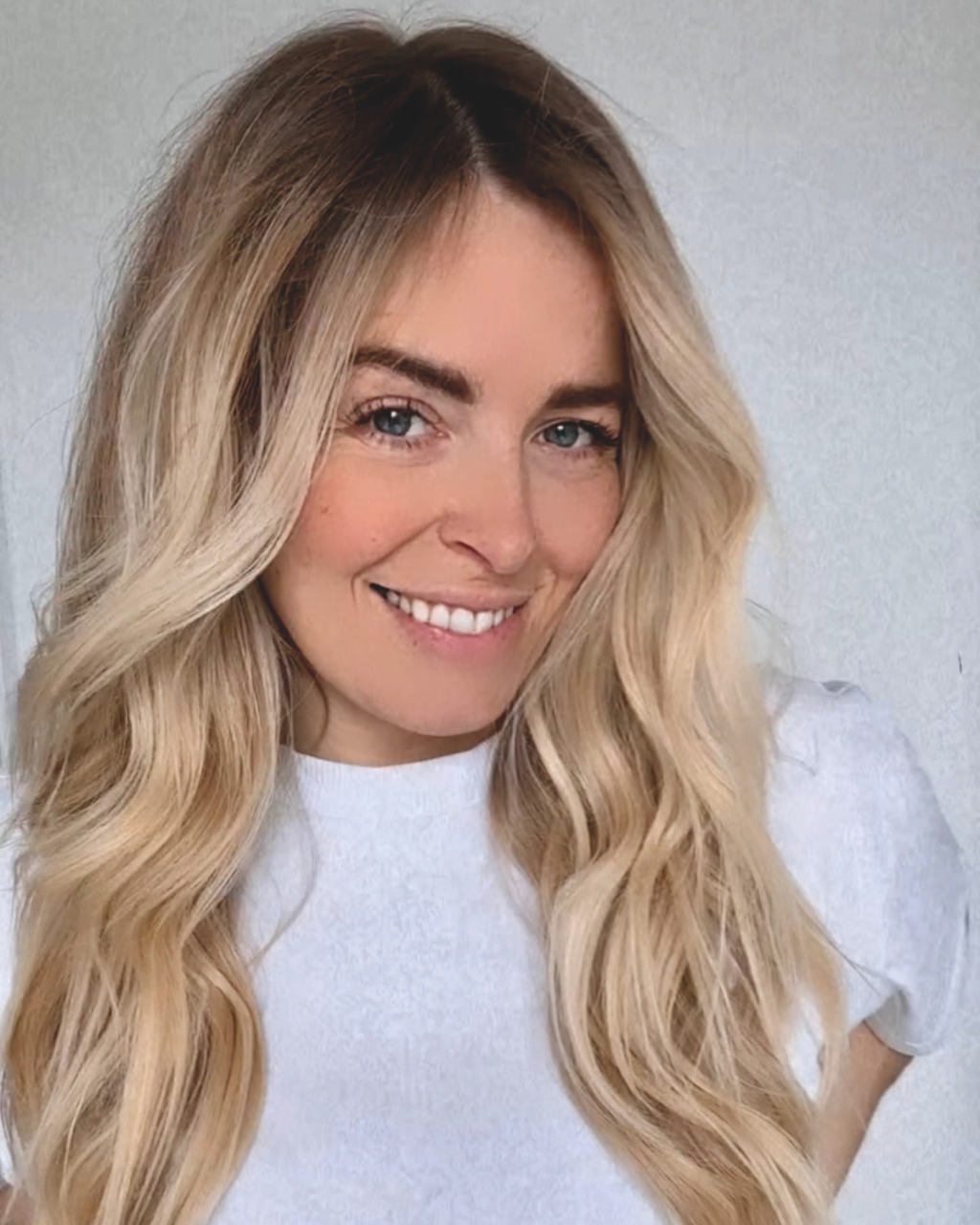
Ruth Lundstrom
“Once a month, cis women are rudely interrupted by our periods. For some they’re almost unnoticeable, but for others they can be debilitating. This can have a huge impact on how we show up for work and for our clients – if we can even show up at all.
“For many years mine were very heavy and the first few days were unbearable. This can put some of us out of work. We have zero option but to stand down for a few days and if you’re freelance, this can lead to a drop in earnings and a rescheduling headache.
“I had a breakthrough 10 years ago when I removed sugar from my diet. I no longer experienced the bloat, pain or heaviness.
“As I switched out sugar, I naturally ended up eating a wholefood diet. This helped balance my hormones and made my cycles easy to sail through and I don’t endure the same dip in mood.
“My approach to health is always, ‘what are we putting in the tank?’. It’s my first approach before I go down the medication route. I believe the body and mind are even more powerful if they are fed the
right ingredients.”
